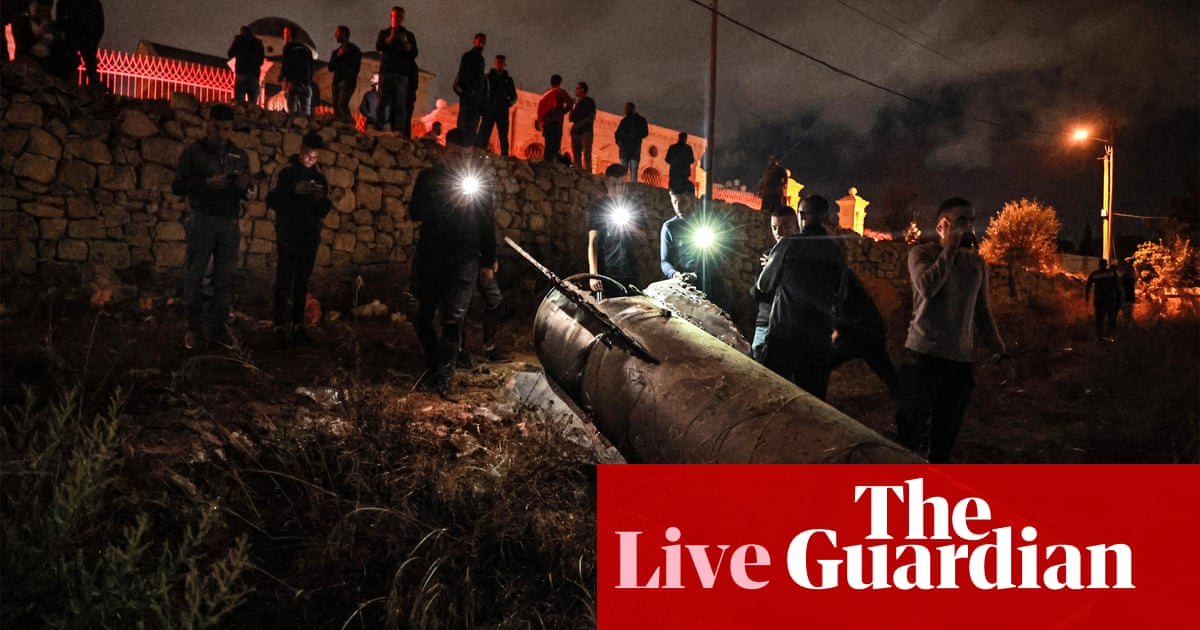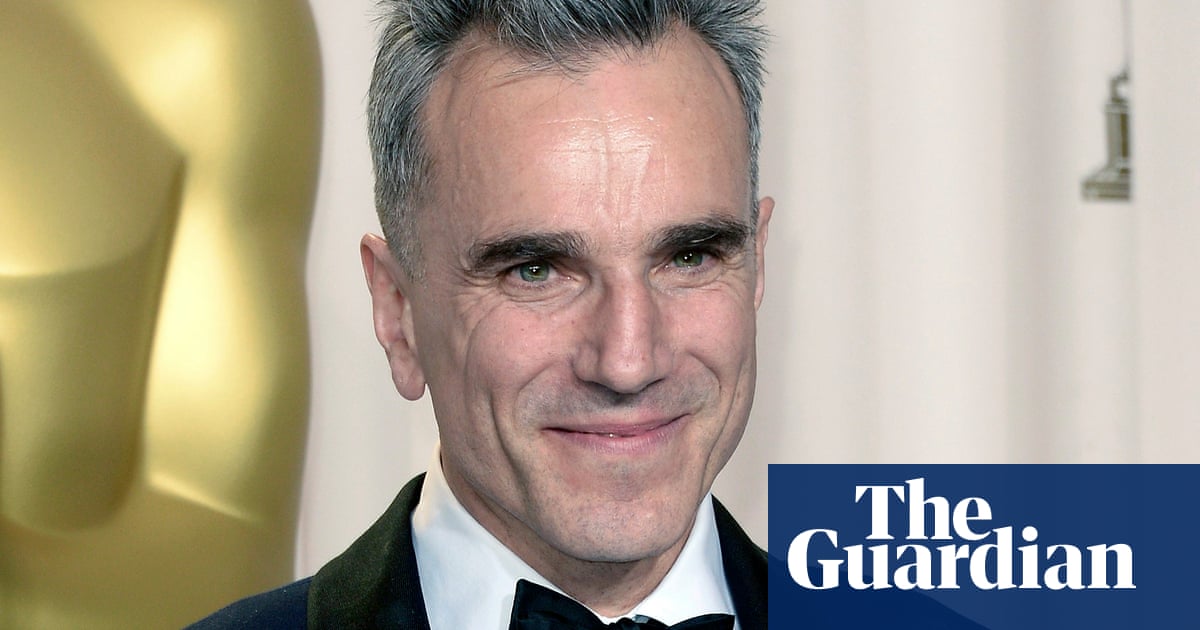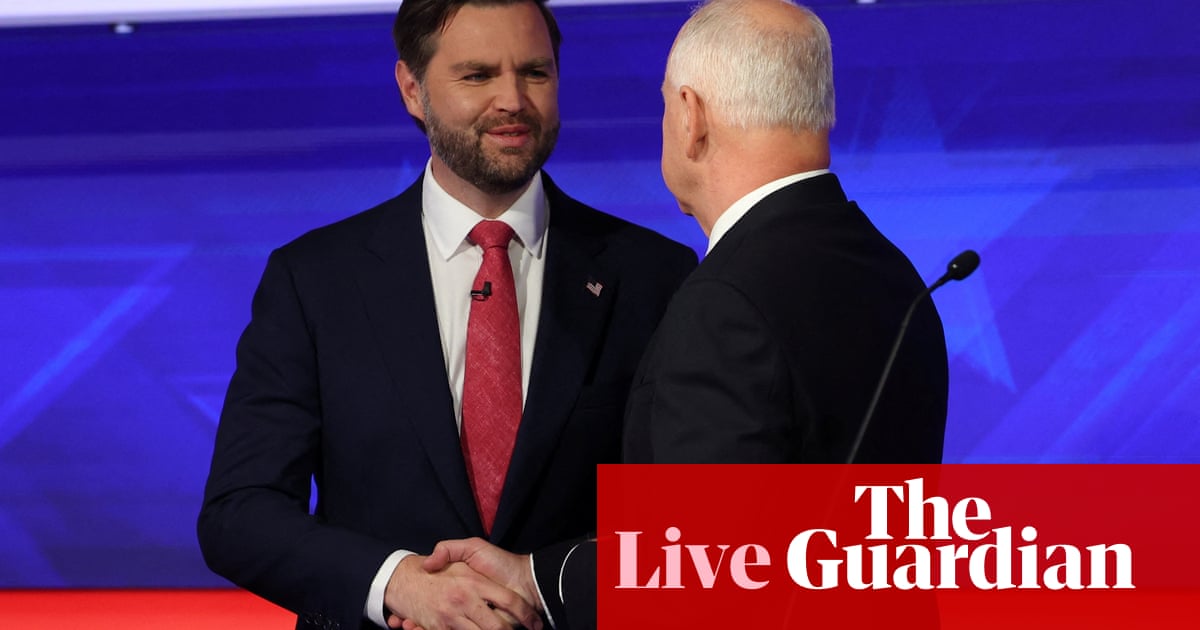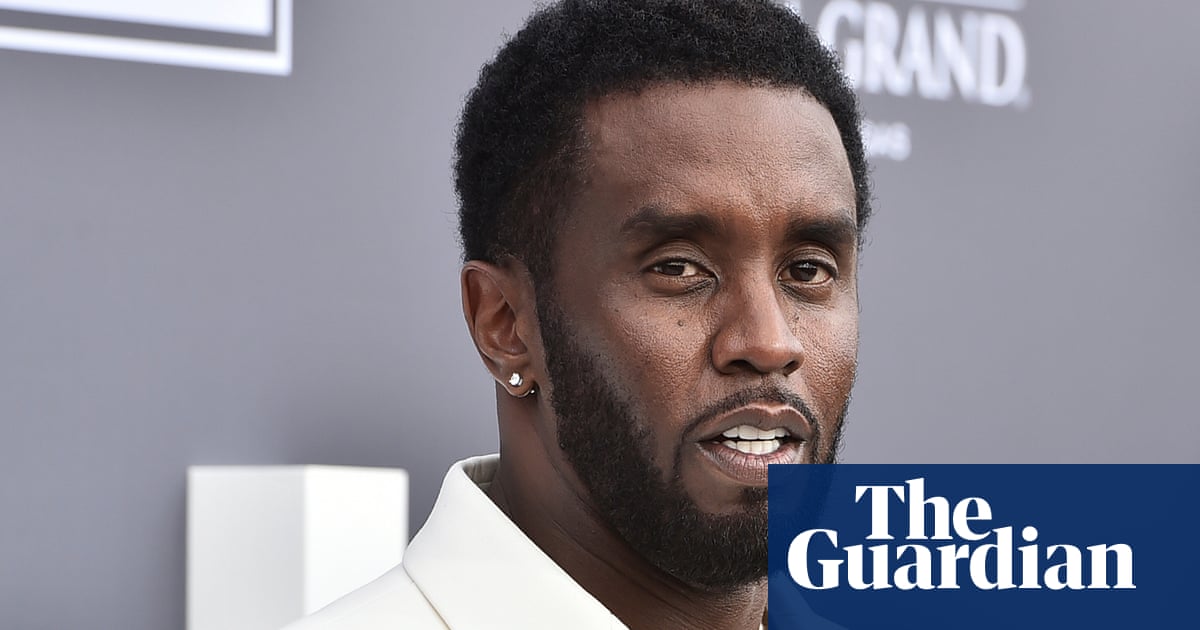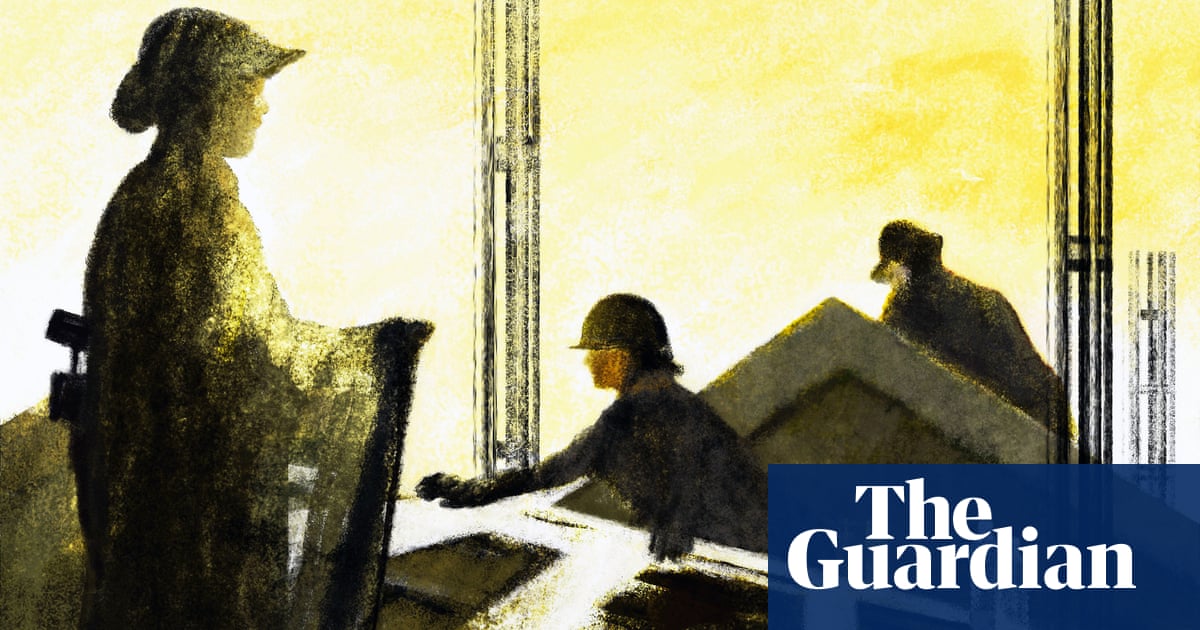Tim Walz and JD Vance faced each other for the first and only vice-presidential debate of this election cycle – and clashed on issues including abortion, childcare, the cost of living and Trump’s 2020 election claims.
Here are the facts on some of the false or misleading claims offered during Tuesday’s vice-presidential debate.
Vance on Harris’s record as ‘border tsar’
Vance attacked Harris’s record on the border. “The only thing that she did when she became the vice-president, when she became the appointed border tsar, was to undo Donald Trump executive actions that opened the border,” he said.
This contains inaccuracies.
First, Harris was never a “border tsar” – that’s a term invented by her critics. She had a role in the Biden administration to look into addressing the root causes of migration to the US, including safety and economic turmoil in Central American countries.
Second, she did not “undo Donald Trump executive actions”. Presidents sign executive orders, and she was not president. Joe Biden did reverse some Trump executive orders on the border. He initially kept in place Trump-era restrictions known as Title 42, which allowed the US to turn away immigrants at the border on the grounds of preventing the spread of Covid-19, before eventually lifting them.
Vance on Trump’s role on January 6
Vance defended Trump’s role on the day of the insurrection at the US Capitol. The Ohio senator picked out one line of his running mate’s speech on 6 January 2021 – prior to the insurrection.
According to Vance, Trump “said on January 6 the protesters ought to protest peacefully”.
But Trump also repeatedly encouraged supporters to “fight”.
“We fight like hell. And if you don’t fight like hell, you’re not going to have a country anymore,” Trump said in 2021.
Vance on Trump and the Affordable Care Act
Vance claimed that Donald Trump bolstered or salvaged the Affordable Care Act.
That’s not true.
The former president cut millions in funding for helping people enroll in healthcare, repeatedly supported efforts in Congress to repeal the law and asked the supreme court to overturn the law.
Vance on immigrants and housing prices
Vance twice implicated immigrants in driving up housing prices, though when pressed, agreed that immigration was not the “only” contributor.
A nonpartisan analysis found that Trump’s vow of mass deportation would drive up prices in several sectors and affect the availability of labor. The Peterson Institute for International Economics projects that the policy would be “a major shock to the US economy, with substantial disruption across all sectors, especially agriculture, mining, and manufacturing”.
Vance on Trump’s position on abortion
Vance said that Donald Trump has supported states making their own abortion laws.
Vance claimed that Trump has said that “the proper way to handle this … is to let voters make these decisions, let the individual states make their abortion policy”.
That’s not quite right. Donald Trump declined to say whether he would sign a national abortion ban during the last debate.
Walz on Project 2025’s ambitions
The Minnesota governor claimed that Project 2025, the ambitious blueprint from the Heritage Foundation to remake the federal government under a second Trump term, would require people to register their pregnancies.
“Their Project 2025 is going to have a registry of pregnancies,” Walz said.
That claim is false. Project 2025 calls for a number of restrictive policies on abortion, including reversing FDA approval of abortion pills, rolling back privacy protections for abortion patients and increasing surveillance by the Centers for Disease Control and Prevention over abortion, but it does not call for all pregnant people to register.
The CDC already collects information about abortion from most of the country, but its reports are incomplete, as some states do not supply the data. Project 2025 suggests that the CDC should go so far as to cut funds from a state if it does not tell the CDC “exactly how many abortions take place within its borders, at what gestational age of the child, for what reason, the mother’s state of residence, and by what method”.
Vance on immigrants in Springfield, Ohio
Referring to Springfield, Ohio – where a number of Haitian immigrants have recently settled – Vance referred to immigrants with legal status as “illegal”.
“You’ve got schools that are overwhelmed, you’ve got hospitals that are overwhelmed, you’ve got housing that’s totally unaffordable because we brought in millions of illegal immigrants to compete with Americans,” he said.
The Haitian immigrants in Springfield, as CBS moderator Margaret Brennan noted, have legal status. Their arrival, local residents and leaders have said, has helped revive the town, which has lost a quarter of its population since the 1960s.
Vance on the climate crisis and manufacturing
The Ohio senator has repeatedly expressed skepticism about the reality that carbon emissions have caused global heating.
Tonight, he was a bit subtle: “One of the things that I’ve noticed some of our Democratic friends talking a lot about is a concern about carbon emissions, this idea that carbon emissions drives all the climate change … let’s just say that’s true, just for the sake of argument.”
Despite Vance’s skepticism, it is indeed true. One hundred percent of global heating since 1950 is due to human activity such as burning fossil fuels and deforestation.
Vance also took viewers on a circuitous journey to suggest that if Harris really cared about the climate crisis, she would bring back manufacturing jobs to the US.
Carbon emissions, whether they are manufactured in the US or overseas, contribute to global heating. The Inflation Reduction Act of 2022 – the Biden administration’s landmark climate legislation – is greatly aimed at incentivizing domestic manufacturing.
Read more about the 2024 US election:


